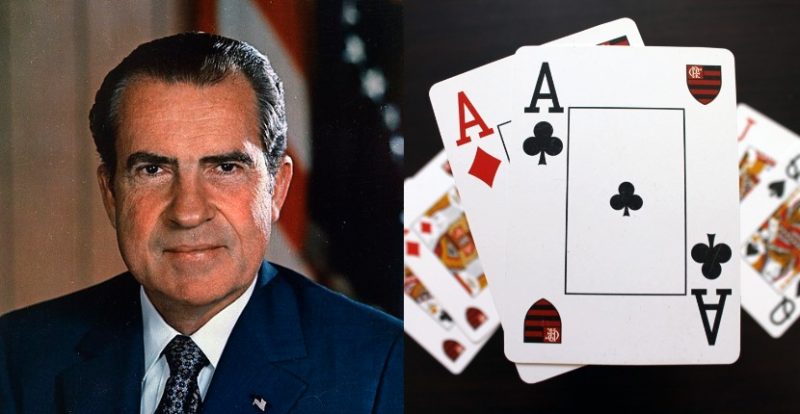To break into American politics, the player of the political game must have access to large pots of money. This wasn’t a problem for Richard Nixon, who partly funded the beginnings of his career in Congress with poker winnings. Poker was an unlikely pursuit for Nixon. His religious upbringing was just one factor. As Biography.com notes, “His mother was a Quaker who exerted a strong influence on her son.”
This not only meant no gambling but also extended to serving his country, though it didn’t stop him joining the Navy. It was there his interest in cards began.
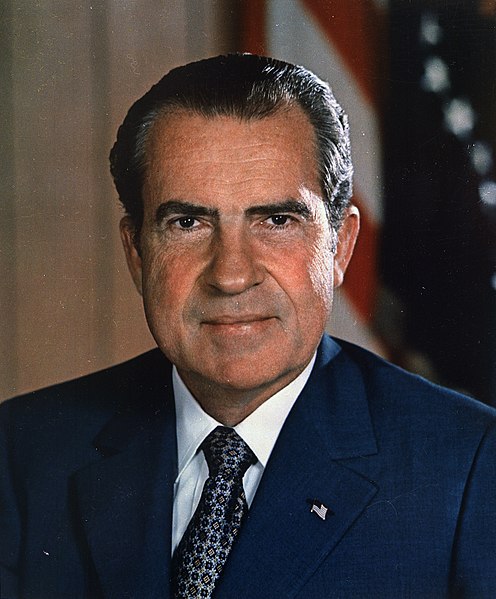
In 1944 he traveled to the South Pacific where he was stationed in the Solomon Islands, at an air base on Green Island. According to a History.com article this year, some believed “he didn’t even know how to play cards.” His job was that of a cargo supervisor but he couldn’t help being drawn toward his comrades and superiors’ downtime games round the smoke-filled table. Watching them keep their hands close to their chests and interact in an attempt to trick and bluff clearly inspired Nixon, who at the time was known as “Nick”. He had just entered his thirties.
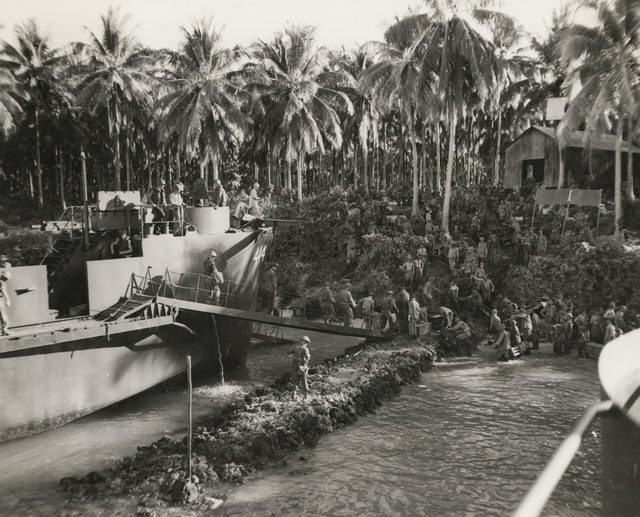
Following guidance from friend James Stewart, he studied poker strategy and soaked up the human dynamics, practicing and learning in every spare minute of his downtime. He soon became a formidable player within a short space of time. Within two months he’d raked in a reported $6,000. A 1994 Independent article quotes a friend, who said “Nick was as good a poker player — if not better than — anyone we had ever seen. He played a quiet game but he wasn’t afraid of taking chances.”
The future President didn’t chase massive amounts. As far he was concerned, the slow and steady approach worked best. History writes, “Nixon apparently wasn’t looking to be entertained. He wanted to make some cash.”
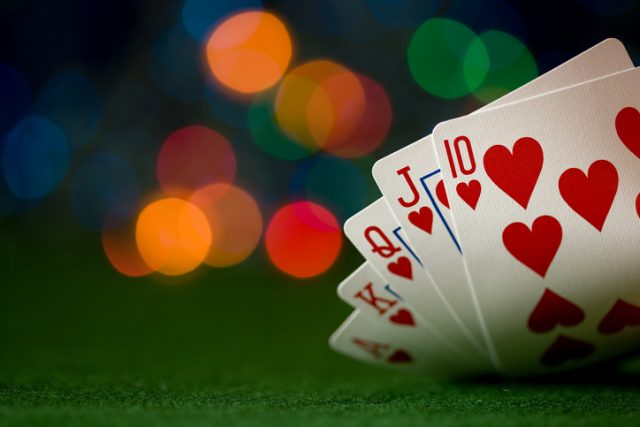
The Club Poker website described Nixon’s outlook at the table, saying he “created a tight and ‘small ball’ style which awed his companions. And when the cards themselves were less favorable, he showed a hint of opportunism and took advantage of the alcohol consumption of his associates. Night after night, he ended games with small profits. Sometimes $30, sometimes $60. It was never a huge win, but Nixon almost always booked a small gain.”
While opinions about his level of ability varied, it is generally acknowledged that he absorbed much in a short space of time. He then went on to apply his experiences facing men across a deck of cards to the political scene.
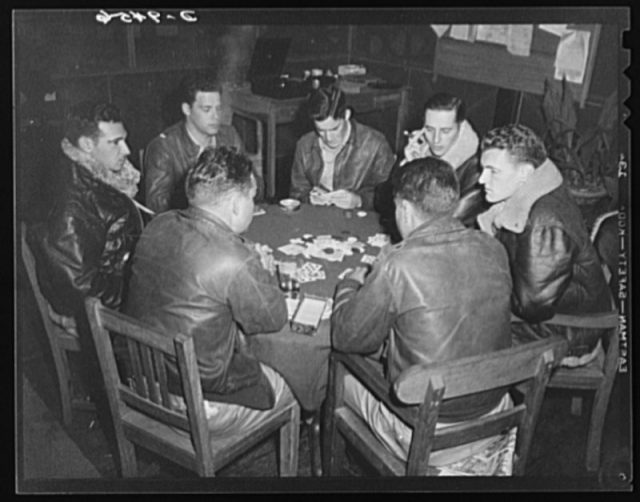
On his return to the US in 1946, he took on and beat Democrat Congressman Jerry Voorhis, with those poker profits leading the charge. He was on the road to the White House, where the stakes were far higher. Nixon served as President between 1969 – 74.
The man himself observed, “many of the things you do in poker are very useful in politics, and are very useful in foreign affairs.” For Nixon this latter area was hampered by “the almost insatiable tendency of American politicians to put everything on the table, their inability to know when to bluff, when to call, and, above everything else, to be unpredictable.”
He placed great stock in this last quality, adding “Unpredictably is the greatest asset or weapon that a leader could have of a major country.”
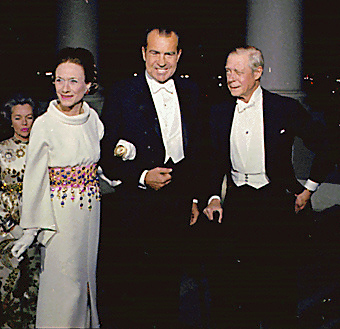
Richard Nixon was not alone when it came to enjoying poker, be it within the confines of the White House or elsewhere. Like Nixon, Harry S. Truman had been playing since his service days, going on to enjoy games with Winston Churchill.
Related Video: Great U.S. Presidents Quotes
https://youtu.be/qVUqOpXWcSg
And Franklin D. Roosevelt apparently proved a wily opponent — notably during the regular game he held during Congress’s last session. Once the session was adjourned, Roosevelt would be notified and whoever had the most chips became the victor.
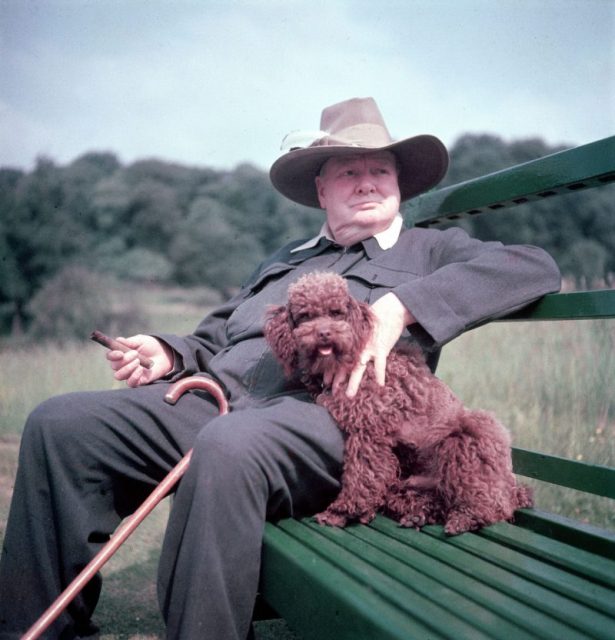
It wasn’t that straightforward though. Club Poker wrote, “Legend has it that Roosevelt received a phone call informing him about the end of the session, but contrary to custom, he concealed the information from his opponents in order to extend the evening since was low on chips.
Only a few hours later, when the tables had turned and FDR built up his stack, he pretended to have just received the phone call, securing a victory without his opponents’ knowledge. They inevitably discovered his trickery the next day, but it was too late.”
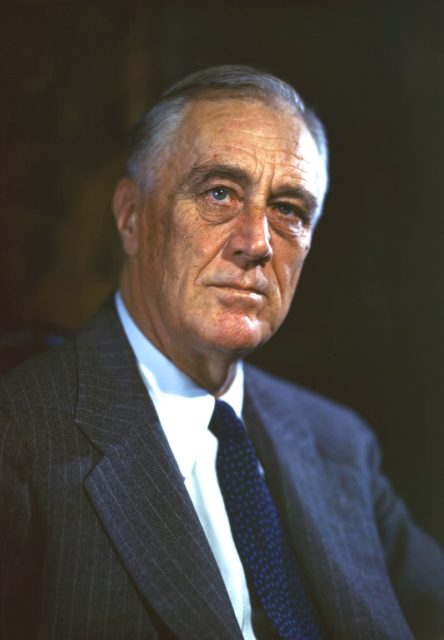
As with any gamble, adopting poker tactics to run the nation proved effective in some cases yet controversial in others. The Independent characterizes Watergate as a move that spectacularly failed to pay off.
“That turned out to be a misjudgement,” it says, referring to the scandal that ended Nixon’s tenure, “because all the ‘cards’ — in the form of conversations with his White House aides about Watergate — were recorded on tape. When the hand was shown face-up, the bluff was exposed.”
The President’s poker face was well-practiced. But even the most skilled player can build a house of cards that will eventually collapse around their ears.
